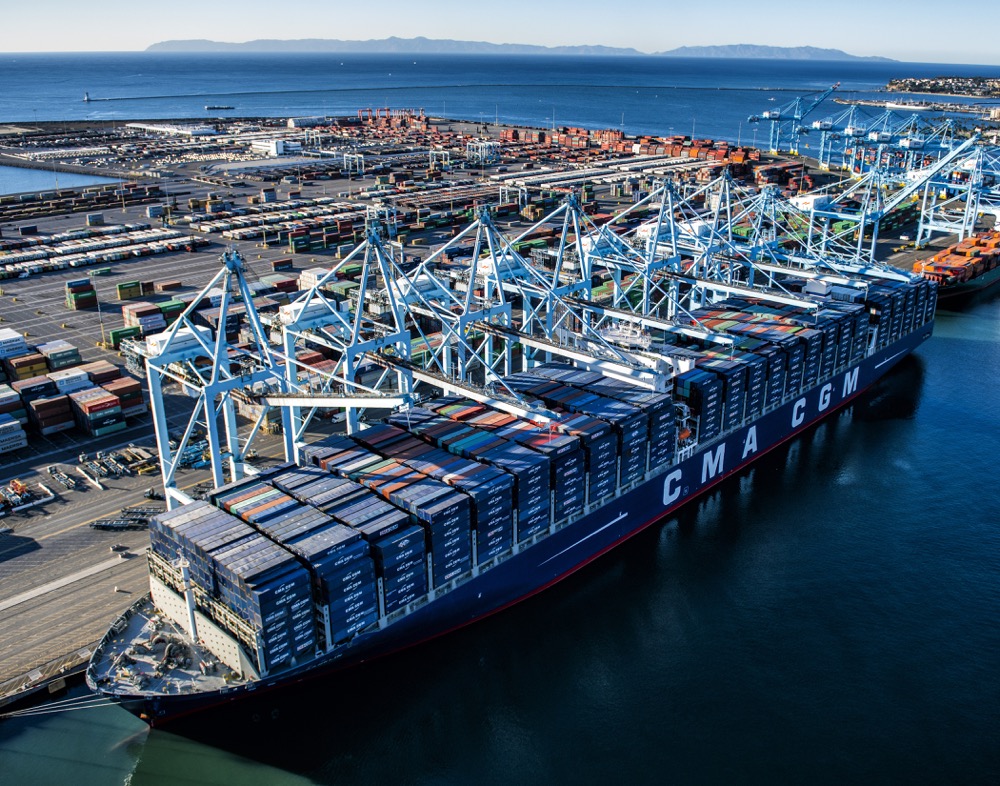Trans-Pacific shipping lines say they have no intention of paying new “emergency” fees that will go into effect Monday in Los Angeles and Long Beach, according to a report on the JOC.com daily news platform. The highly-congested port complex is making a last-ditch effort to improve the flow of containers by penalizing carriers when boxes remain at marine terminals too long.
Instead, carriers will pass those new charges on to major retailers, a move that represents a sea change in typical carrier-customer relations in the largest US trade lane.
“We’re not going to eat those charges,” a carrier executive who asked not to be identified, told JOC.com. “We’re figuring out how to pass those fees on.”
Executives at two other trans-Pacific lines said they also intend to pass the fees on to their customers, but were awaiting final instructions from their respective headquarters.
In an unprecedented move to reduce historic congestion at their marine terminals, the ports of Los Angeles and Long Beach on Monday announced they would charge shipping lines an “emergency fee” of $100 per container — increasing each day in increments of $100 — for truck-delivered containers that remain at the terminals nine days or longer and rail containers for six days or longer. The fee goes into effect Nov. 1.
Because the new fees are not addressed in the service contracts that carriers signed with retailers last spring, the shipping lines will be free to pass them on to their customers. But one terminal operator in Los Angeles wonders if the carriers will have the fortitude to do that, despite what they’re saying now.
“[Retailers] are not used to paying a penny,” the operator said.
That’s because in the past, carriers willingly agreed to absorb port-levied storage fees, known as demurrage, in order to attract — and keep — business from the large national retailers that dominate the trans-Pacific trade lane. But the new fees in LA-LB will test that traditional dynamic.
Carriers’ arrangements with importers normally are based on the volume the customers commit to ship during the life of the annual service contract. (photo Port of Los Angeles)





